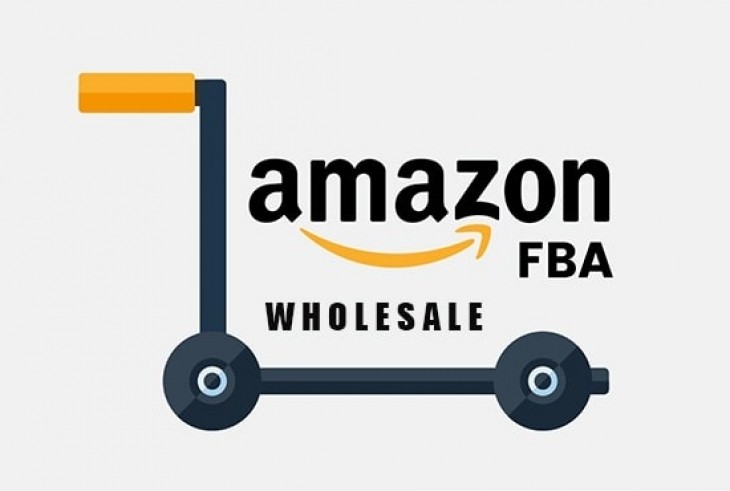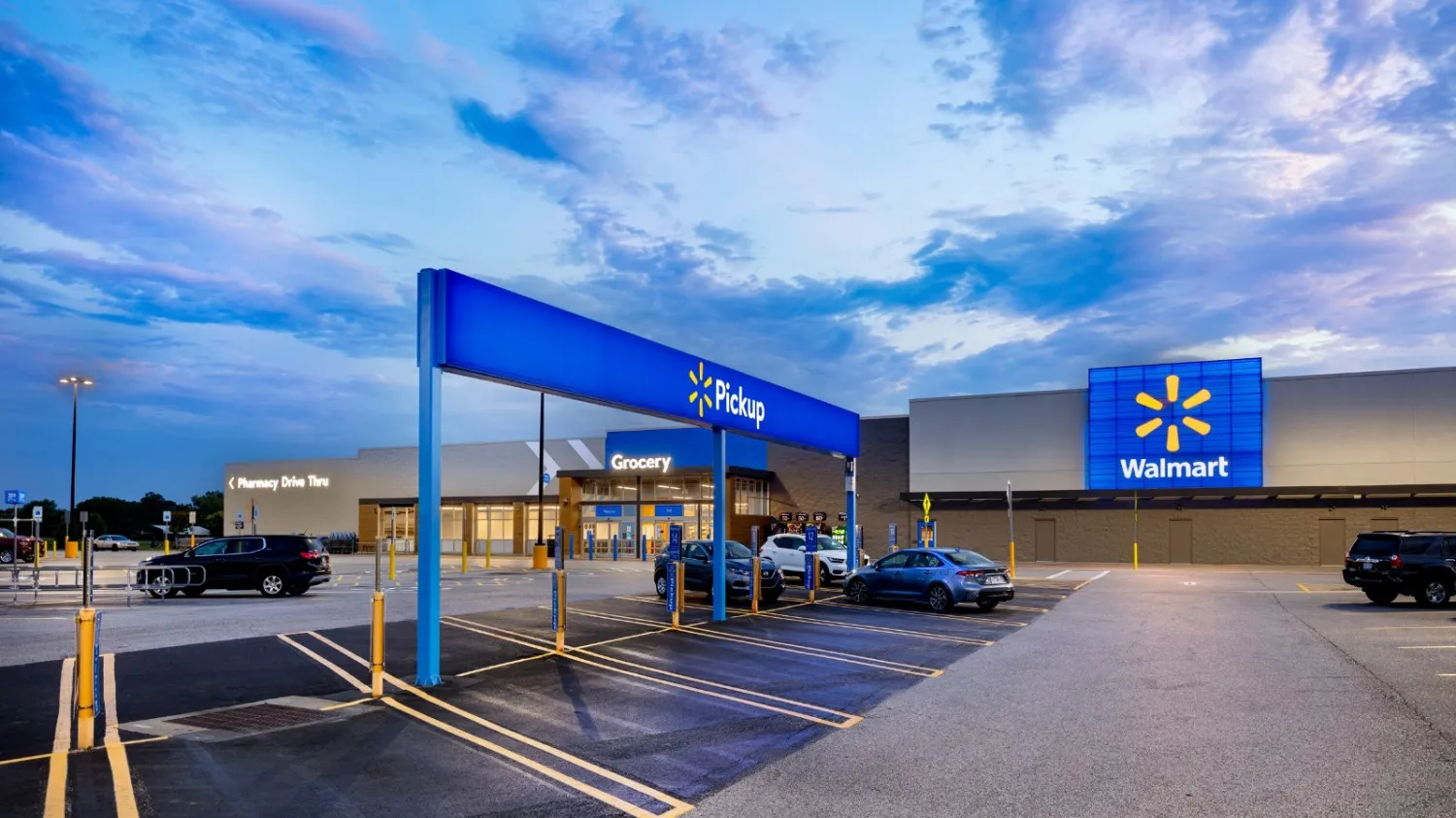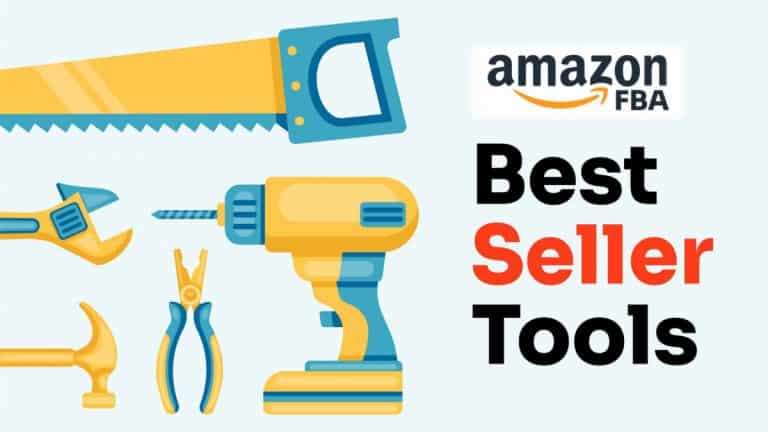What is Amazon Wholesale FBA

What is Amazon Wholesale FBA?
Amazon Wholesale FBA (Fulfillment by Amazon) is a business model that allows sellers to purchase products in bulk from established brands and resell them on Amazon. Unlike private labeling, where sellers create their own brand, wholesale FBA involves sourcing already popular products at wholesale prices and leveraging Amazon’s fulfillment network for storage, packing, and shipping. This model provides sellers with a hassle-free way to scale their businesses while benefiting from Amazon’s vast customer base and logistics infrastructure.
How Amazon Wholesale FBA Works
The Amazon Wholesale FBA process is relatively straightforward. Sellers start by identifying profitable products with high demand and low competition. They then establish relationships with authorized distributors or manufacturers to purchase these products in bulk. Once acquired, the inventory is shipped to Amazon’s fulfillment centers, where Amazon takes care of storage, order processing, and customer service. This automation allows sellers to focus on sourcing and scaling their business rather than handling logistics.
Benefits of Amazon Wholesale FBA
One of the biggest advantages of this model is the reduced workload on sellers. Amazon manages most of the operational aspects, including packaging, shipping, and returns. Additionally, selling wholesale products eliminates the time and cost associated with branding, product development, and marketing, which are essential in private label businesses. Since wholesalers are dealing with established brands, there is already built-in demand, reducing the risk of slow-moving inventory.
Another key benefit is the ability to scale quickly. Unlike dropshipping, where profit margins are often slim, wholesale FBA offers better margins due to bulk purchasing discounts. Sellers can reinvest profits into expanding their product range and increasing inventory levels. Moreover, with Amazon’s Prime eligibility, wholesale FBA products are more likely to attract buyers looking for fast and reliable shipping.
Challenges of Amazon Wholesale FBA
While the model has numerous advantages, there are challenges that sellers must be aware of. Competition can be intense, especially for highly sought-after products. Since multiple sellers can offer the same product, price wars may arise, leading to reduced profitability. To mitigate this, sellers should focus on securing exclusive deals with suppliers or identifying niche products with less competition.
Another challenge is gaining approval from brands and distributors. Many manufacturers are selective about who can sell their products on Amazon to maintain brand integrity. Sellers may need to demonstrate their credibility and provide business documentation to secure wholesale accounts. Additionally, initial investment costs can be high, as wholesale purchasing requires buying in bulk rather than ordering on demand.
How to Succeed in Amazon Wholesale FBA
To succeed in Amazon Wholesale FBA, sellers should conduct thorough market research to identify the right products. Tools like Jungle Scout and Helium 10 can help analyze product demand, competition, and pricing trends. Establishing strong relationships with reliable suppliers is also crucial for securing the best deals and ensuring a steady supply of inventory.
Optimizing product listings is another critical factor. Since multiple sellers may offer the same product, optimizing the title, description, and backend keywords can help improve search visibility and drive more sales. Utilizing Amazon PPC (Pay-Per-Click) advertising can further boost product exposure and increase conversions.
Monitoring performance metrics is essential for long-term success. Keeping track of inventory levels, sales trends, and pricing changes ensures that sellers stay competitive. Implementing automated repricing tools can help maintain optimal pricing without constant manual adjustments.
Conclusion:
Amazon Wholesale FBA is an excellent business model for entrepreneurs looking to capitalize on established brands and Amazon’s vast logistics network. With benefits such as reduced operational workload, better profit margins, and scalability, it presents a lucrative opportunity for sellers willing to invest in bulk purchasing and supplier relationships. However, challenges such as competition and supplier approvals require careful planning and strategic execution. By conducting thorough research, optimizing listings, and staying competitive, sellers can successfully grow their Amazon wholesale business and achieve long-term profitability.





